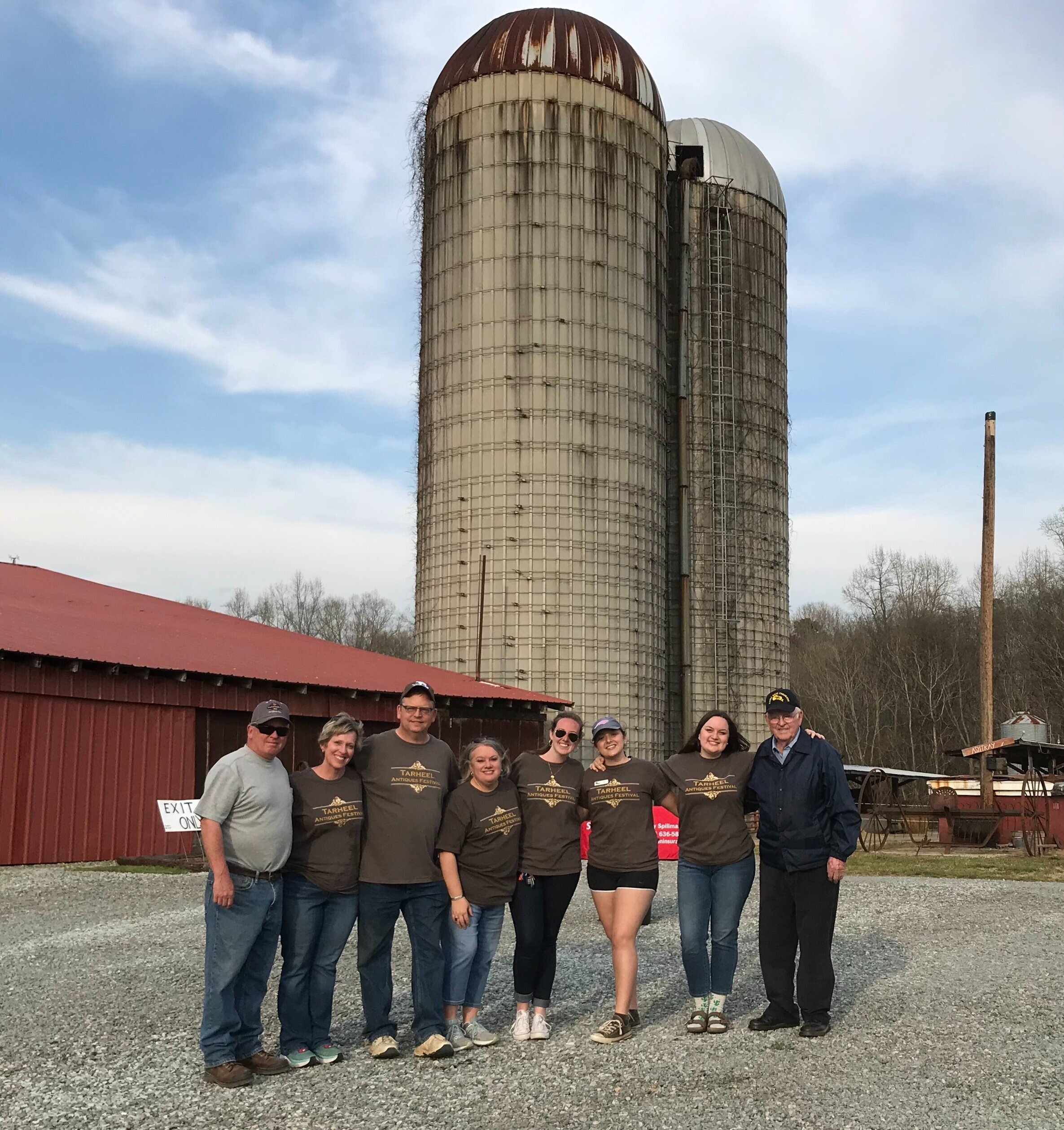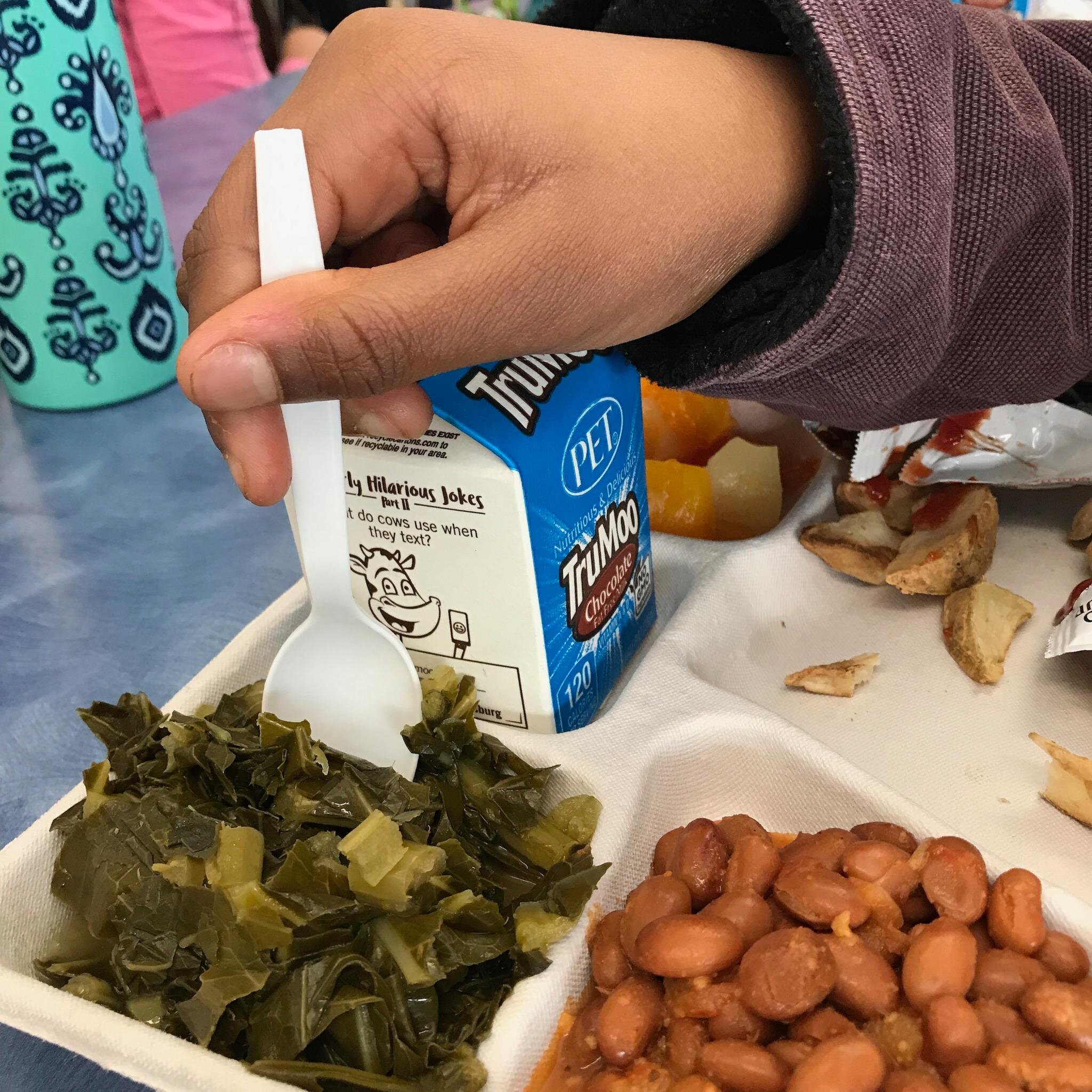Last Friday, July 30th, was the kick-off of our new Farmer Friday Campaign, but if you missed it, don’t fear! There’s still plenty of time to get involved, and we’d love to share with you what this campaign is about and how you can support it.
What are Farmer Fridays?
Farmer Fridays, Farmer Foodshare’s new campaign, focuses on supporting farmers, farmers markets, and encouraging individuals, retailers, and restaurants to source their produce locally. Farmers are integrally involved in our local food systems, but they’re often overlooked. Farmer Fridays is designed to place the spotlight back on our local growers- after all, having a strong system of local farms is crucial to tackling the other part of Farmer Foodshare’s mission: helping feed the thousands of individuals impacted by food insecurity.
In North Carolina, agriculture (combined with agribusiness) is the leading industry. However our state is also the 10th highest in the nation for food insecurity. This poses a curious paradox: despite all of the fresh food being produced in NC, many families lack access to it. That’s where Farmer Foodshare comes in, as we help build the connections between the people who grow food and the people who need food.
Every Friday, we encourage you to “go green for farmers,” by wearing a green article of clothing- such as a hat, jacket, or shirt (Farmer Friday branded shirts for sale coming soon!)- to show your support, and to spark dialogue throughout the community. If family members, friends, co-workers, or even strangers notice you’re wearing green, share the message of Farmer Fridays with them, and inspire them to get involved! With your support, we can improve our food system, and the lives of farmers and eaters alike!
Is “Going Green” All There Is to It? How Else Can I Get Involved?
Glad you asked! “Going green” is certainly one way to get involved, but there are lots of other opportunities:
Purchase a Farmer Friday T-shirt, or Market Tote Bag! (links coming soon!)
Host an individual, family, or organization fundraiser for our campaign-- either in-person (dinners, garden tours, cook-along, or something else!), or virtually (online fundraisers, silent auctions, etc.). Be creative!
Participate in various restaurant donation days, to support our local businesses in addition to local farmers! (Dates and locations TBA)
Share our campaign on social media! Tag us, @farmerfoodshare, and use the hashtag #gogreen4farmers! Repost or Retweet our posts and events! Follow us on social media! (@farmerfoodshare on Instagram FaceBook, and Twitter) Post a donation campaign on your social media!
Make a financial donation (click here)! Donations can directly support farmers through our Farmer Fund, which offers micro grants for certifications, equipment, or connections to other resources. Your donation can also be directed towards our Fresh Food Fund, which serves groups or individuals with food insecurity. You can restrict your donation to either fund, or donate any amount unrestricted!
Make a donation of your time, by volunteering with us (click here)! Volunteers help us in a variety of ways, including packing boxes for our Food Box program. See how you can help today!
Become a sponsor! Your company or organization can sponsor our Farmer Friday campaign at various levels! Benefits include receiving PR from Farmer Foodshare’s large eNewsletter and social media followings, in addition to free Farmer Friday t-shirts and tote bags. (Note that benefits vary based on sponsorship level). If you’re interested, email Terry Billie, our Manager of Development, here.
We’re grateful for your support, and together, we can work to better connect the people who need food with the people who grow food.
Have any questions? Want to become a sponsor? Need more information?
Email Craig Lloyd, our Executive Director, here.
Email Terry Billie, our Manager of Development, here.
Visit our Farmer Fridays website here.

































